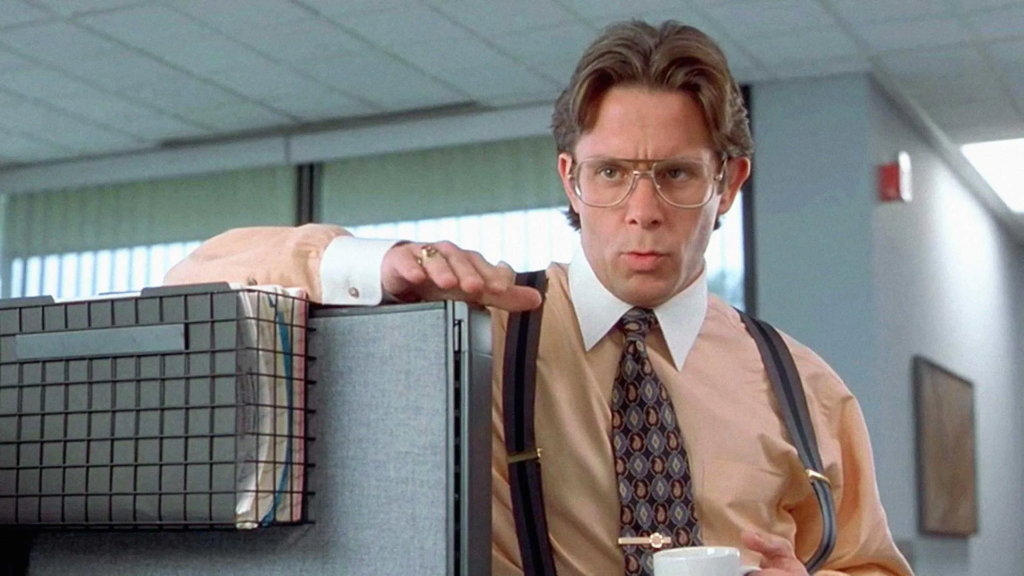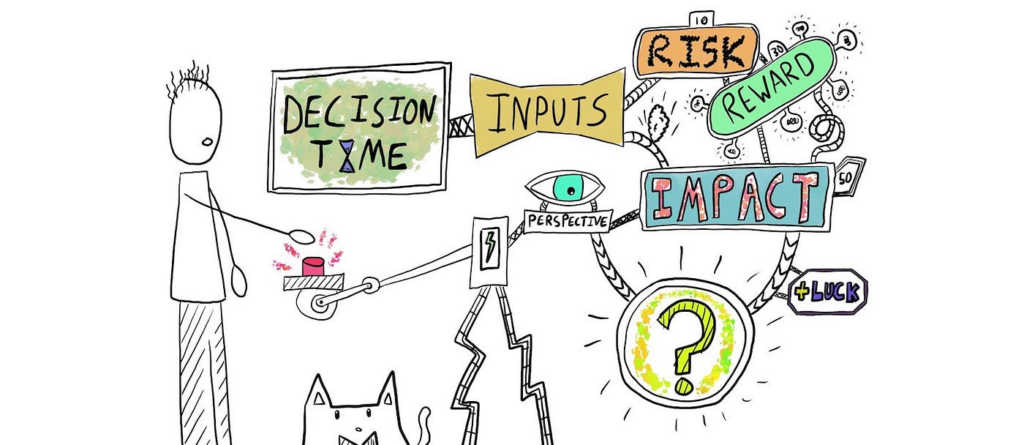In offsite and modular construction, where precision, timing, and collaboration are essential, disruptive personalities can quietly erode a company from within. While much attention is often given to technological innovations and production efficiencies, the human factor—the personalities at play in the factory—can make or break an organization’s success. The most dangerous aspect of these negative influences is their ability to operate under the radar, slowly chipping away at morale, productivity, and ultimately, profitability.

One of the most insidious threats comes from the micromanager, a personality type that thrives on control. In a modular factory, where teams must work harmoniously to meet tight deadlines, micromanagement can lead to bottlenecks and frustration. Employees feel suffocated, their creativity stifled as every decision is second-guessed. Over time, this leads to disengagement, higher turnover, and a toxic culture where innovation is sacrificed for fear of reprimand.

Equally damaging is the presence of the pessimist, who constantly forecasts failure and spreads negativity like a virus. This individual can derail even the most optimistic and motivated teams by planting seeds of doubt and discouraging forward momentum. Their influence often extends beyond team morale, affecting the broader company culture and leaving leaders to battle an invisible force that saps energy and enthusiasm.

Meanwhile, the blamer introduces another layer of dysfunction. In a factory environment, mistakes are inevitable, but the blamer’s refusal to take accountability turns errors into full-blown conflicts. Instead of focusing on solutions, teams are mired in defensiveness and resentment. Trust, the cornerstone of any successful operation, erodes as team members grow wary of becoming the next scapegoat.

The gossip is another silent saboteur. While offsite construction thrives on precision and teamwork, gossip breeds suspicion and fractures relationships. Miscommunication and mistrust grow, creating an environment where collaboration becomes increasingly difficult. What should be a streamlined production line instead becomes a fragmented collection of isolated workers.

Then there’s the know-it-all, who believes they are the sole authority on every subject. In an industry that demands continuous learning and adaptation, this personality type stifles innovation by dismissing the ideas of others. Their arrogance alienates colleagues and creates a culture where employees are hesitant to speak up, fearing ridicule or dismissal.

The procrastinator is another personality that quietly wreaks havoc. In modular construction, where timelines are compressed and every hour counts, procrastination can derail entire projects. Deadlines are missed, clients grow impatient, and the company’s reputation suffers. Even when the procrastinator eventually completes their work, the ripple effects of their delays linger.

Adding to the complexity is the over-promiser, a personality often found in sales or leadership roles. Driven by a need to impress or close deals, they make commitments the factory cannot realistically meet. This results in overburdened teams, unmet client expectations, and a damaged reputation that can take years to repair.

The rule breaker poses a different kind of threat. In an industry where safety and compliance are non-negotiable, their disregard for protocols puts everyone at risk. Beyond the immediate dangers, their behavior sets a precedent that undermines the company’s credibility with regulators, clients, and employees.

Equally dangerous is the silent saboteur, an individual who covertly undermines projects or colleagues. Their actions might be subtle, such as withholding critical information or deliberately performing tasks poorly. Over time, their behavior creates inefficiencies that are difficult to trace but devastating in their cumulative effect.

The overly aggressive salesperson brings its own set of challenges. While sales are the lifeblood of any modular company, a focus on short-term gains at the expense of long-term relationships can be catastrophic. Clients feel misled, teams are overextended, and the company’s reputation takes a hit.

Adding drama to the workplace is the drama queen (or king), whose constant conflicts and emotional outbursts distract teams from their goals. What should be a professional environment becomes a battleground of egos, with productivity and focus suffering as a result.

The perfectionist, while often perceived as a valuable asset, can also be a hidden liability. Their obsession with minor details delays projects, frustrates colleagues, and often leads to missed deadlines. The pursuit of perfection, rather than excellence, creates inefficiencies that ripple through the organization.

The clock-puncher, on the other hand, epitomizes disengagement. Content to do the bare minimum, they contribute little to the company’s growth or innovation. Their apathy can be contagious, dragging down the morale of more motivated team members.

Similarly, the credit stealer breeds resentment among colleagues. In an industry that thrives on collaboration, taking credit for others’ work fractures trust and demoralizes teams. Employees become less inclined to contribute, knowing their efforts will go unrecognized.

The overly cautious decision-maker introduces a different kind of paralysis. Their inability to commit to a course of action slows progress and leaves the company trailing competitors. In an industry where agility is key, hesitation can be fatal.

The burnout specialist often masquerades as a dedicated employee, but their relentless pace eventually takes a toll on themselves and those around them. As stress levels rise, quality and productivity decline, creating a cycle that is difficult to break.

The overly competitive colleague undermines teamwork by fostering a cutthroat environment. Instead of collaborating for the company’s success, employees focus on outperforming each other, leading to inefficiencies and a communication breakdown.

Then there’s the naysayer, who rejects every new idea or innovation without consideration. Their negativity stifles progress and creates a culture resistant to change, even when change is necessary for survival.

The chronic complainer compounds this issue by focusing on problems rather than solutions. Their constant griping creates a toxic atmosphere where employees feel powerless and disengaged.

The ghost adds another layer of complexity. Whether physically absent or mentally checked out, their lack of engagement shifts their responsibilities onto others, overburdening already stretched teams.

Finally, the one-trick pony embodies the danger of stagnation. In an industry that demands adaptability, their refusal to learn new skills or embrace change limits the company’s ability to evolve and grow.
Together, these personalities create a perfect storm of dysfunction that can derail even the most promising offsite and modular construction companies. While their impacts may start small, the cumulative effect of these negative influences can erode morale, productivity, quality, profit, and sales. Recognizing and addressing these threats is critical because the success of any modular factory is not just about the technology it uses, but the people who power it.
Gary Fleisher, The Modcoach, writes about the modular and offsite construction industry at Modular Home Source.
.
CLICK HERE to read the latest edition
Contact Gary Fleisher












